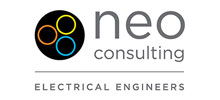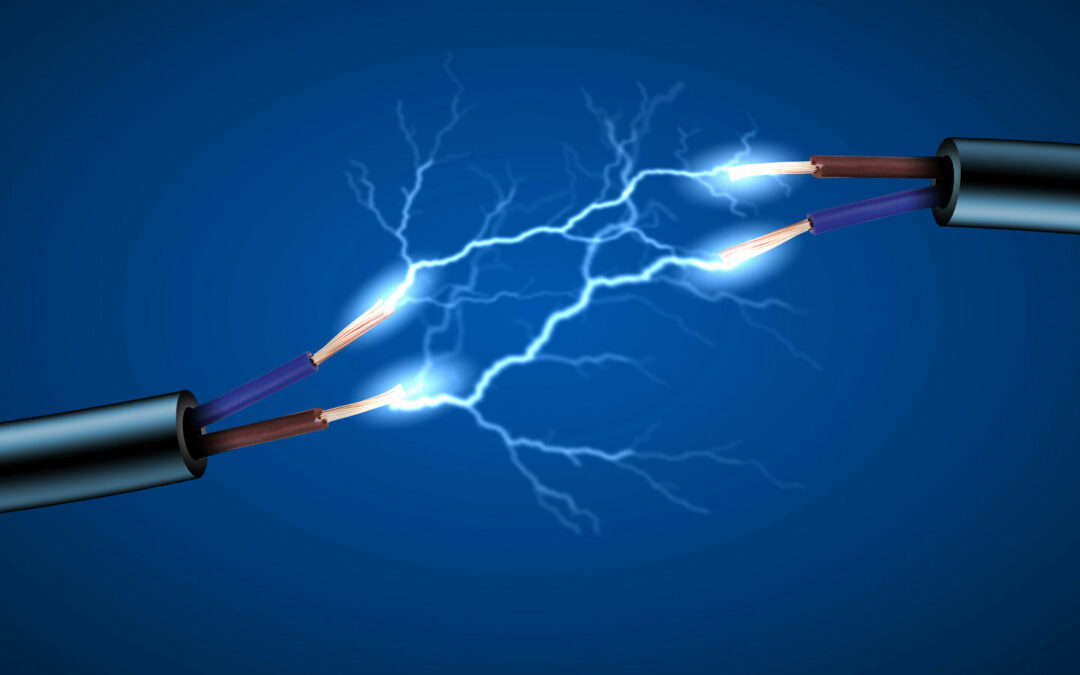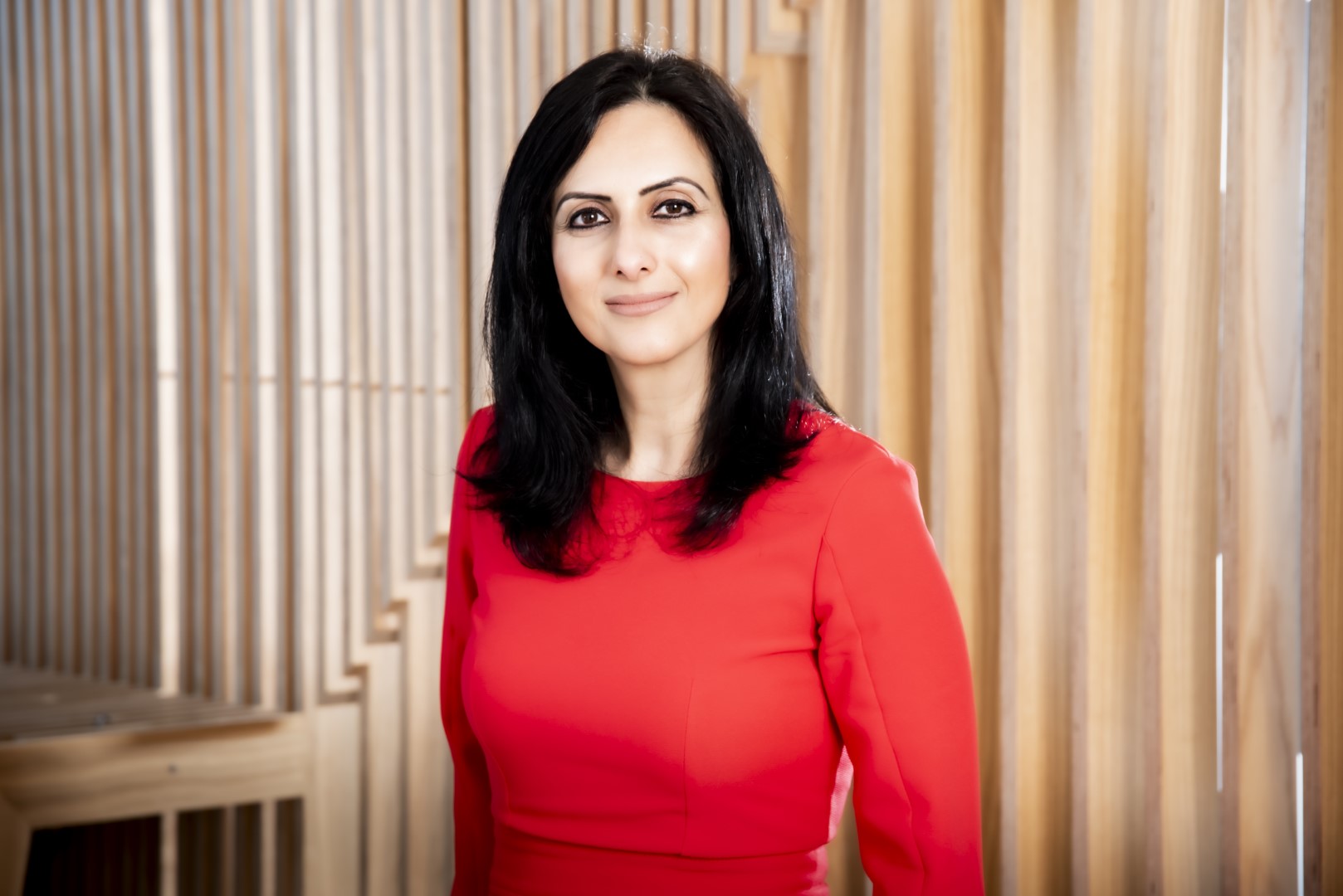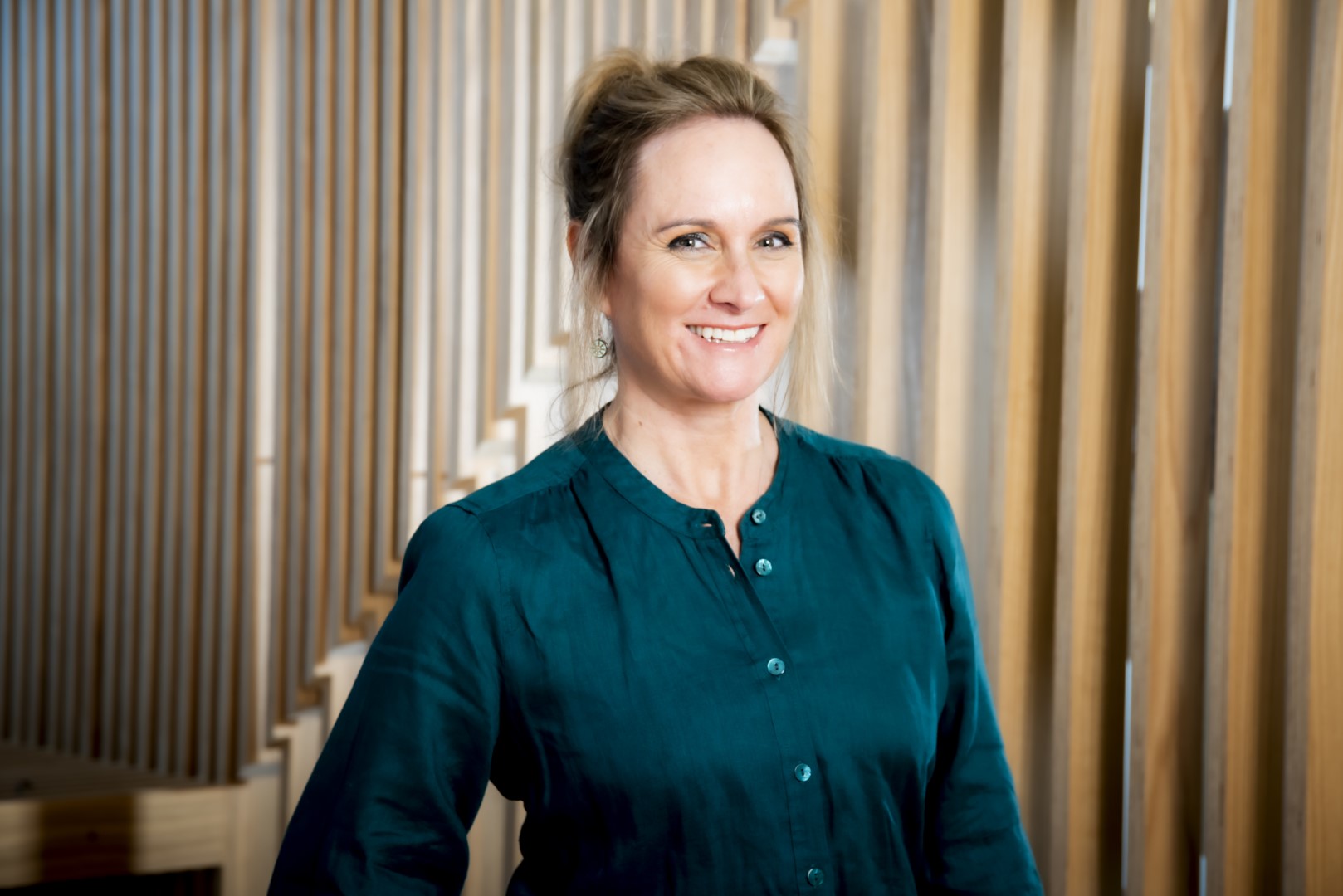There’s no doubt that the electrical engineering industry is growing from strength to strength each year. With the requirement for electrical engineering across a range of fields, the industry is in high demand right from government organisations, to private industrial firms. There are obvious things to expect this year with regards to growth in the industry, however the current climate of the world also plays a part in how these are likely to progress. So, we put it to the Neo team, and here are some of their answers;
What do you expect from electrical engineering in New Zealand for 2022?
– Stock issues: Inflation and the costs of products and labour is going up and therefore increasing the cost and timeline of projects.
– Three Waters: The reform is still progressing, and it will be interesting to see how this changes the landscape for companies currently servicing the water sector.
– Regulations: MBIE are reviewing the idea of regulating engineers with a licensing and certification system.
– Modernisation: New Zealand is falling behind the rest of the world with regards to high efficiency motor standards. What will this mean long-term; what are the easy fixes, if any?
– Wiring Rules: Will 2022 be the year that AS/NZS3000:2018 officially comes into effect?
– Standards Clarification: We will be seeking advice from MBIE about when regulations sight standards, with particular year (for example AS/NZS 3010:2005), which are no longer the latest version (for example AS/NZS 3010:2017). Which standard should take precedent?
The electrical engineering industry has a wide range of opportunities and scope for the future, and it is an interesting climate to be part of. Over the coming months, Neo will be publishing articles on some of the topics above, so be sure to keep an eye out for them on the blog. And if you have any feedback or opinions to share on the points raised, feel free to get in touch.




















